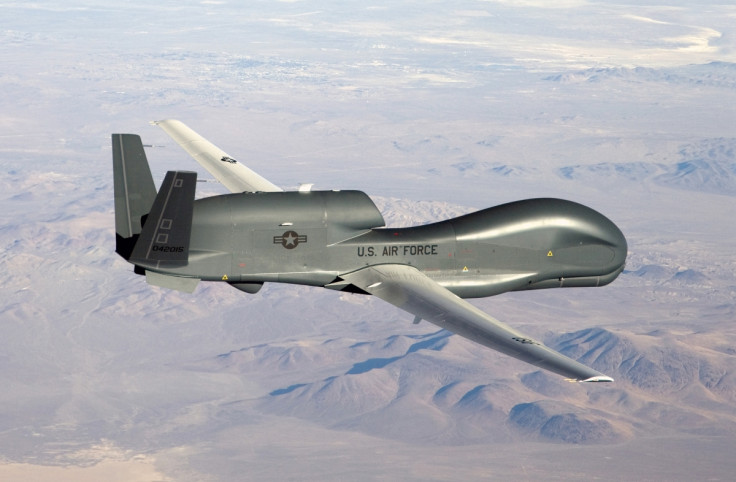UK Ministry of Defence Warns US and China Could Be At War by 2045

A war between the US and China is just one of the potentially devastating scenarios outlined in a new study published by the Ministry of Defence (MoD).
"US arms sales to Taiwan, US exercises with South Korea and China's relationships with Iran and North Korea could all exacerbate tensions," warns the study, "Global Strategic Trends – Out to 2045." However the report also stresses strong relationships between Washington and Beijing should reduce the possibility of conflict.
Mind-controlled machinery is likely to become much more sophisticated, with human brain-to-brain communication possible by 2045
The study examines the defence implications for a range of issues including transportation, health, education, energy, population movement and global warming: "Warming of the oceans, due to climate change, may affect fish migration and could lead to the collapse of some fisheries in European waters." The human population is also expected to rise to between 8.3 billion and 10.4bn, leading to potential conflict over resources such as water, land and energy.

The study warns that as drones become cheaper to manufacture they could fall into the wrong hands, as could radioactive material. Biological warfare is also mentioned. "We could also see sophisticated environmental warfare, capable of spreading plant and human diseases by insects or insect-machine hybrids," warns the study. Criminal gangs may even be able to launch their own satellites by 2045, "potentially threatening individual and corporate privacy."
A blurring of the distinction between humans, robots and computers and telepathy is another possibility. "Some augmentation of humans with embedded sensors and computing devices is likely to occur within the 2045 timeframe. This may provide advantages such as improved situational awareness, health monitoring, and the ability to modify physiological and psychological states to increase performance and enhance resilience. Mind-controlled machinery is likely to become much more sophisticated, with human brain-to-brain communication possible by 2045."
Although the study claims to describe "plausible outcomes" rather than attempt to predict the future, the fact such scenarios are described as "plausible" shows just how seriously they are being taken by the MoD. The study was carried out by the MoD's "Concepts and Doctrine Centre".
Director Rear Admiral John Kingwell said: "As access to technology increases, we will face new risks to our security both at home and abroad. In the west in particular, a rise of individualism and ... a growing sense of disconnection from long-established governing structures will challenge traditional systems."
© Copyright IBTimes 2025. All rights reserved.




















